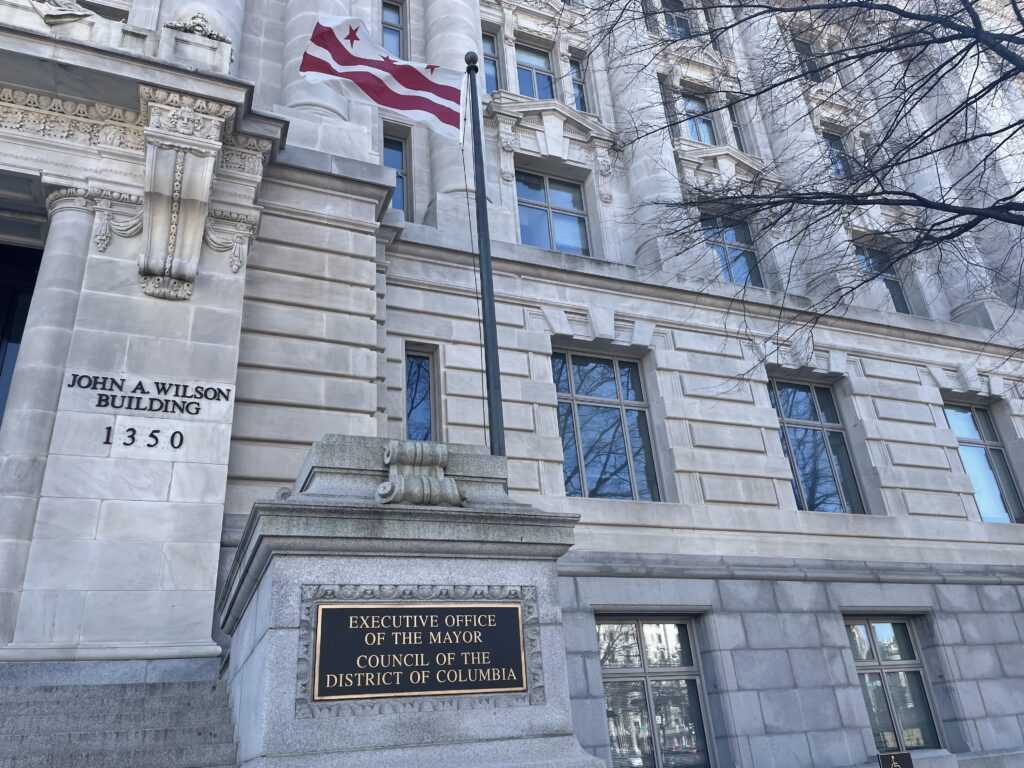A few decades ago, hoping to breathe new life into a faltering brand, some smart advertising creatives came up with the slogan “Not Your Father’s Oldsmobile” to lose the automobile’s stodgy image.
Yet, when I hear Joe Biden and others using the line, “Not your father’s Republican Party,” what I hear is not that the brand was stodgy and needed to be replaced. It’s that the GOP needs to be recaptured from those who shelve the most important aspects of its past.
Of course, both major political parties have had plenty of failings over the years. Many critics of the Democratic Party call out its long-held support for segregation in the 1900s through the 1930s. Similarly, many members of the GOP, despite its reputation as the “Party of Lincoln,” proved as remiss as the southern Democratic Party segregationists in challenging lynching.
But as the nation now sees the GOP more and more disintegrating into a vehicle for President Donald Trump, it’s worth recalling the moments and elected officials that exemplified the GOP at its best. They should set the standard for actions taken by the party in years to come.
For instance, Donald Trump regularly denigrates immigrants. The GOP descended in part from the anti-immigrant Know Nothing Party, but Abraham Lincoln made clear his dislike of that faction even before ascending to the presidency. He wrote in 1855, “Our progress in degeneracy appears to me to be pretty rapid. As a nation, we began by declaring that ‘all men are created equal.’ We now practically read it ‘all men are created equal, except negroes.’ When the Know-Nothings get control, it will read ‘all men are created equal, except negroes, and foreigners, and Catholics.’”
A few years ago, in the midst of Trump’s clamp-down on immigration, I was thrilled to discover this headline in the Nov. 1, 1960, Philadelphia Evening Bulletin: “Nixon Would Admit More Immigrants.” It was the GOP that promoted homesteading, the Transcontinental Railroad, and land-grant universities in the 1800s and the Interstate Highway System, the Environmental Protection Agency, and desegregation of southern schools in the mid-late 20th century.
Admittedly, there are differences between then and today, but President Dwight Eisenhower and his then-vice president, Richard Nixon, saw the need for immigration.
Nor are Nixon (probably a surprising choice to many) or Lincoln the only Republicans worth remembering as exemplifying positive aspects of the GOP.
Take “Mr. Republican” Robert Taft of Ohio, the son of former president William Howard Taft, whom many viewed as the personification of conservative Republicanism in the late 1930s through the early 1950s.
Soon after assuming his duties as a U.S. Senator, the younger Taft addressed Howard University in March 1939, acknowledging the important contributions made by the university’s graduates while worrying about too much reliance on government assistance. Yet, Taft demonstrated more flexibility and a respect for facts than even some of his strong supporters acknowledged.
Originally an opponent of federal aid to education, the Ohio senator shifted his stance after examining statistics that showed the shortcomings on educational spending in poorer states, often impacting African Americans, according to his biographer Clarence Wunderlin. Taft explained that “no child can have an equal opportunity unless he has a basic minimum education.”
Similarly, Taft realized the important role that housing played in promoting a stable environment for families, particularly for children. Without decent housing, obtaining equal opportunity became more difficult. That’s worth remembering by today’s Senate Republicans, particularly with the current expiration of the moratorium on evictions from federally financed properties.
Or take when Republican Senator Margaret Chase Smith stood in the US Senate on June 1, 1950 to rebuke the onset of McCarthyism as defined by her fellow Republican, Senator Joseph McCarthy. Smith reminded her colleagues and the country that Inherent in rights guaranteed to Americans were the right to protest, criticize, and hold beliefs that were “unpopular.” Joined by six of her GOP colleagues, Smith denounced “certain elements” within their own party that sought “selfish exploitation of fear, bigotry, ignorance, and intolerance.”
Every one of these Republicans possessed shortcomings, certainly judged by contemporary standards. They often balanced political ambitions against their most idealistic beliefs, too often in favor of the former. Their failings certainly cannot be ignored and often were shared by those in the Democratic party, including FDR. But their best thinking can also serve as a compass for what the Republican Party should exemplify, albeit modified for contemporary times.
Each leader saw America as great but also acknowledged the need for it to be better.
Now the GOP rushes headlong into a crisis of its own making as it finds itself the party of Trump, a president with a string of slogans masquerading as policies, as it drives deviancy right into the Oval Office. The future of the party is rather dim, not only measured by the demographics of the emerging, more diverse America but the willing embrace of conspiracy theories and the cult of personality by its rank-and-file and even elected and appointed officials. Whether it survives in its current form or goes the way of Oldsmobile is anyone’s guess.
Stephen Lilienthal is a freelance writer who lives in Washington, D.C.







